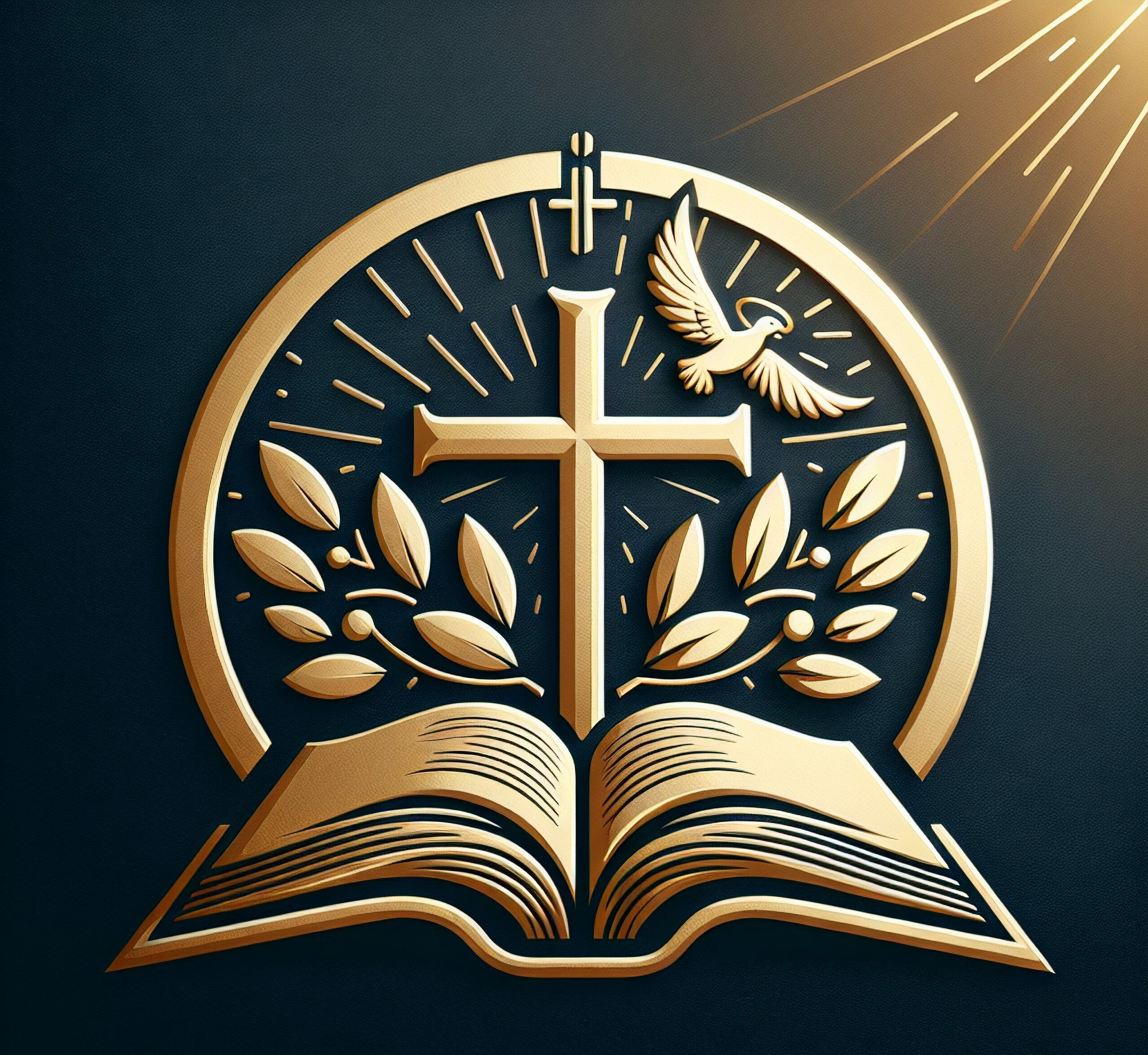 Spiritual growth and development might sound like buzzwords, but they’re central to tuning into your true self. It’s about evolving in a way that aligns your actions, thoughts, and emotions with a higher purpose or belief system. As you grow spiritually, you often find deeper meaning, peace, and connection in everyday life.
Spiritual growth and development might sound like buzzwords, but they’re central to tuning into your true self. It’s about evolving in a way that aligns your actions, thoughts, and emotions with a higher purpose or belief system. As you grow spiritually, you often find deeper meaning, peace, and connection in everyday life.
Historically, spirituality has roots stretching back through all cultures and times. Whether it’s ancient practices like meditation, prayer, or community rituals, the pursuit of spiritual growth has always been a part of human life. These spiritual practices aimed to connect individuals with something greater than themselves, providing guidance, comfort, and a sense of belonging.
Today, personal development and spiritual growth go hand in hand. When you seek to understand yourself and your place in the world, you’re participating in spiritual development. This might mean exploring new philosophies, engaging in reflective practices like journaling or meditation, or simply taking time to connect with nature.
One key aspect of spiritual growth is that it’s deeply personal. There’s no one-size-fits-all approach. What works for one person might not resonate with another, and that’s perfectly okay. The journey is about finding what brings you a sense of peace, fulfillment, and connection to your deeper self.
Slippery Meanings of Words: Religion and Spirituality
The terms “religion” and “spirituality” can be confusing because their meanings have evolved considerably. Traditionally, people didn’t see these words as opposites, but modern interpretations often place them at odds, leading to misunderstandings.
Historically, religion was defined as a system of faith that sought to establish a connection between believers and God. Latin’s “relegare,” meaning “to re-bind,” captures the essence of religion—reconnecting people with God. In the Old Testament, religious rules highlighted God’s holiness and humanity’s need for a Savior, a role fulfilled by Jesus.
Today, the term “religion” often gets a negative rap, associated with legalism and hypocrisy. This negative view stems from historical instances where religious leaders distorted practices for personal gain, as seen with the Scribes and Pharisees. Scholars and various movements have also critiqued religion, depicting it as man-made efforts to please God.
On the flip side, spirituality originally meant the Holy Spirit living within believers, bringing new life and authenticity. Nowadays, though, it often leans more towards self-enlightenment and personal power, straying from its biblical foundation.
People often perceive modern religion as rigid and rule-based, while they perceive spirituality as personal and inward-focused. Both of these perspectives can lead to misconceptions, warping their true meanings and purposes.

Foundations: Religion and Spirituality in Context
Religion has long been a cornerstone for human societies and individual lives. Its historical roots are deep, providing systems of faith that guide believers in connecting with God and establishing moral frameworks. The Latin term “relegare,” which means “to re-bind,” aptly describes this—religion aims to reconnect individuals with the divine. In the Old Testament, religious rules underscored the holiness of God and humanity’s need for divine intervention, eventually fulfilled by Jesus Christ.
In its truest sense, religion isn’t about a set of rigid rules but rather a system designed to help people find their way back to their Creator. Over time, however, religion has sometimes strayed into legalism. Misconceptions arose largely due to historical misuse, as seen with certain religious leaders who exploited these systems for personal gain.
Spirituality, from a biblical viewpoint, focuses on the Holy Spirit’s presence within believers, bringing new life and genuineness. This contrasts sharply with modern spirituality, which often centers on self-enlightenment and personal growth. While personal growth is important, the original biblical idea of spirituality aimed to transform individuals from within, aligning them more closely with divine will rather than personal desires.
Looking at the differences and similarities between religion and spirituality helps navigate these concepts today. People often perceive modern religion as strict and rule-based. On the other hand, people often perceive spirituality as being more flexible and personalized. Yet, this simple distinction doesn’t capture the full picture. Both religion and spirituality have the ability to guide individuals in their quest for meaning, peace, and understanding, aiming to reconnect them with a higher purpose.
It’s crucial to sift through these misconceptions and get to the roots of what these terms truly mean. Religion and spirituality are not competing entities but complementary paths that can guide us toward genuine spiritual growth and development. The essence lies in understanding their origins and purposes, and how they can uniquely serve your journey.
Reconnecting with God: The Unified Purpose of Religion and Spirituality
When exploring spiritual growth, it’s essential to understand that religion and spirituality, at their core, aim to reconnect us with God. The Bible presents religion as a part of God’s system for guiding believers, often referred to as ‘The Way’ or ‘The Body of Christ.’ This perspective emphasizes that both religion and spirituality have intertwined roles in our spiritual journey.
Religion provides a structured path, with community practices, rituals, and teachings that help guide individuals toward a deeper understanding and connection with God. These elements create a sense of belonging and offer practical steps for living out one’s faith.
Meanwhile, spirituality brings a more personal dimension to this journey. It focuses on the inward experience—the transformative work of the Holy Spirit within believers. This personal transformation is crucial for aligning one’s life with God’s will, bringing authenticity and depth to one’s faith.
By uniting these concepts, we see that we should not view religion or spirituality in isolation. Together, they form a holistic approach to reconnecting with God. Religion offers communal and structural support, while spirituality fosters a personal, inward transformation. Balancing both can lead to a more comprehensive and fulfilling spiritual life.
Within a community of faith, these elements come together harmoniously. The support of a religious community combined with personal spiritual practices aids in achieving authentic spiritual growth. Engaging in communal worship, participating in the sacraments, and devoting time to personal prayer and meditation create a well-rounded path for spiritual development.
By embracing both religion and spirituality, you can navigate life’s challenges with a fortified sense of purpose and peace. This unified approach not only reconnects you with God but also strengthens your ties within the faith community, guiding you toward a life of deeper meaning and fulfillment.

Spiritual growth and development is a personal journey of expanding one’s understanding of the self, others, and the divine. It involves cultivating a deeper connection with something greater than oneself, whether that be a higher power, nature, or the universe. This process encourages qualities like compassion, empathy, and inner peace, shifting focus from self-centeredness to a broader, more interconnected perspective.
Spiritual growth is not linear; it involves ongoing learning, facing challenges, and embracing change. Ultimately, it leads to a more meaningful and fulfilling life, aligning actions with core values and fostering a sense of purpose and connection with others. A must for everyone! Blessings.
I appreciate your thoughtful observations on spiritual development. It is a very personal path that broadens our knowledge of others, the divine, and ourselves. Spiritual growth is a continuous journey of learning, overcoming challenges, embracing change, and deepening our relationship with God and others. It is through this process that we find true meaning, purpose, and fulfillment in life.
This article provides a balanced approach to religion and spirituality. While conventional wisdom tends to separate the two, they complement each other in attaining the goal of connecting with God. Religion is dead without spirituality. Without the leading of the Holy Spirit, one cannot maintain a meaningful relationship with God. Without the Holy Spirit, one cannot overcome the deleterious distractions of the secular world.
Many thanks for this meaningful work!
Nathaniel
Thanks for your thoughtful comment! You’re right that religion and spirituality are closely connected. Religion, when practiced without heart or spiritual intention, can feel empty or just like a set of rules. But when it’s guided by the Holy Spirit, it becomes a living, breathing part of our relationship with God.
As we grow spiritually, we learn to follow God’s will more closely, and that makes our religious practices more meaningful. Just as you pointed out, we need both—a structured faith that provides a foundation and the Spirit’s guidance to help us grow in holiness and stay focused on God despite life’s distractions. They work together to lead us toward a deeper connection with God.